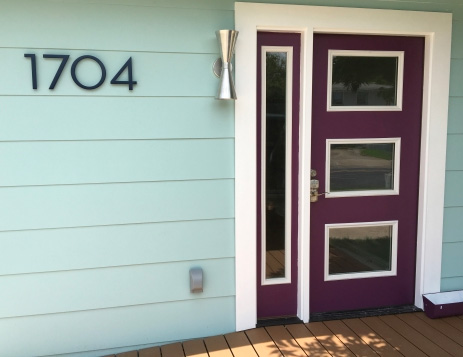
How much involvement and supervision should parents have with their kids’ school work?
My typical short answer to this very, very popular question is generally: “not too much.” My longer, more involved answer is that I like to think of this as a relationship physics equation.
Help can be wanted, appreciated, and loving.
It strengthens relationships.
Help can also be unwanted, onerous, controlling, or triggering.
This type of help hurts relationships.
Finding the tipping point between wanted and unwanted help is what I mean by “relationship physics.” Knowing the difference, and being able to spot when your well-intended help is migrating from ‘wanted’ to ‘unwanted’ is key for good parenting.
When kids are younger, they are more likely to accept unsolicited homework help, but as they enter middle school and certainly high school, it’s easier for a parent’s “help” to inch into the danger zone. Likewise, kids and parents who have been in sustained conflict over grades, missed assignments, and underperformance are unlikely to be able to tolerate even small conversations about school work without triggering ‘instant conflict’ again.
It’s a complicated equation, for sure, in part because sometimes kids need help but don’t want it! (I have a whole class on that topic!) Still, it’s important to remember that the parent-child relationship is more important than the homework.
Seek a place of balance where your child is the boss of their schoolwork and you are a trusted consultant, available on demand. Stay ‘in your lane’ and err on the side of trusting your child and allowing them to be in charge of schoolwork. Happily, if that’s the position you usually take, your child will then likely accept the occasional unsolicited advice, reminder, or check-in. And best of all, you’ll be creating space for your child to develop their own mature relationship to obligations, while prioritizing something (the relationship) that has a life-long benefit for both you and your child.








